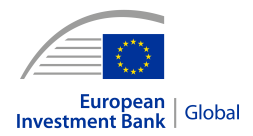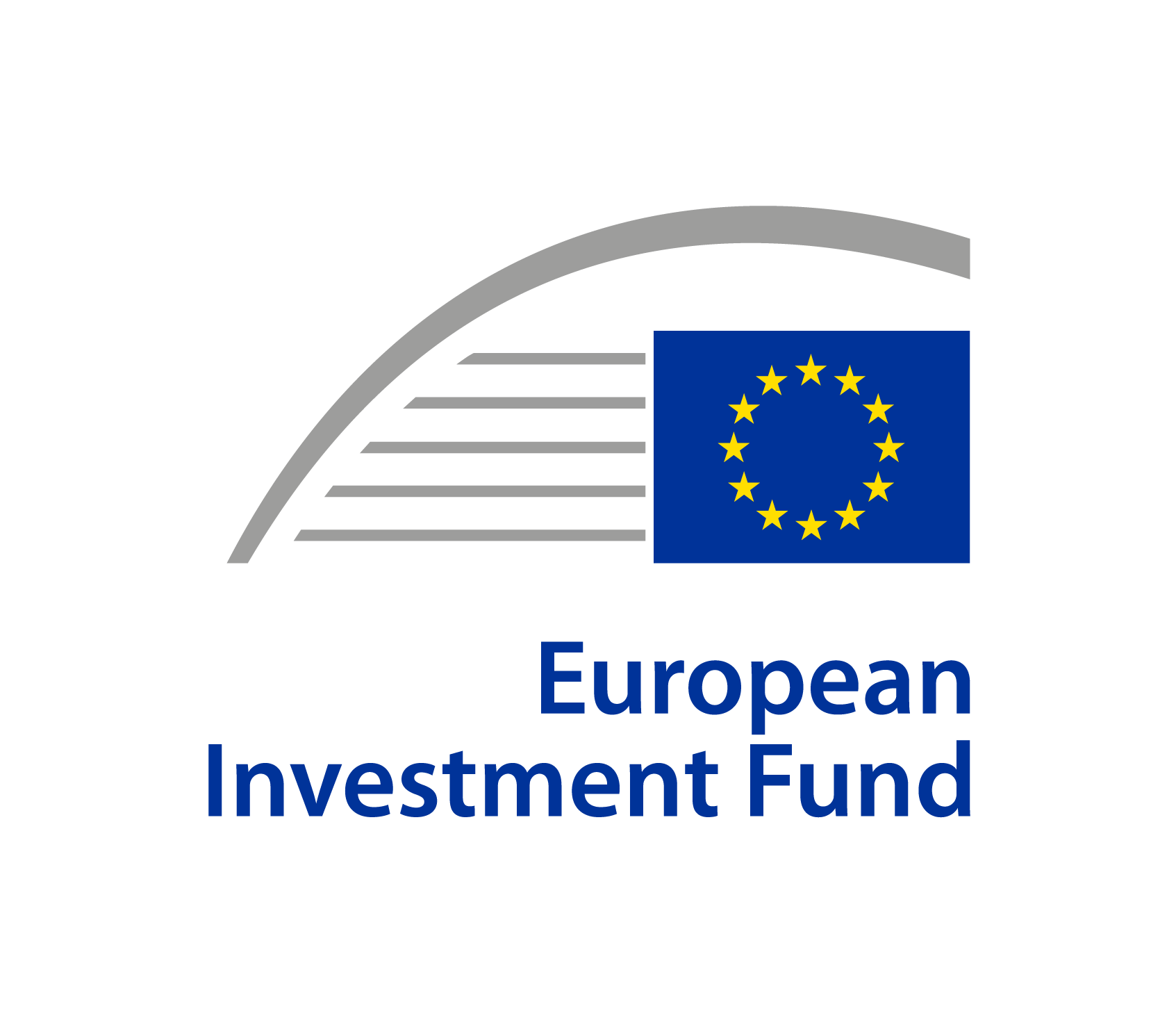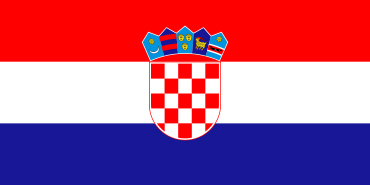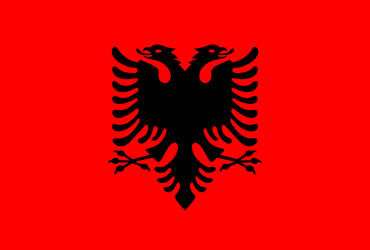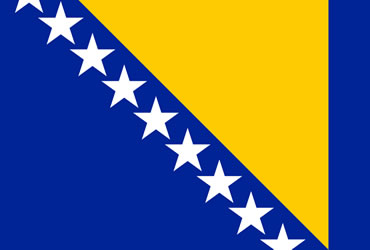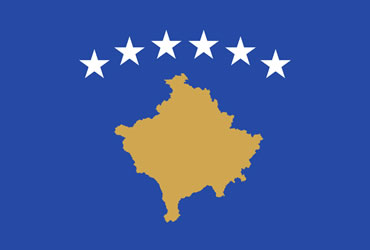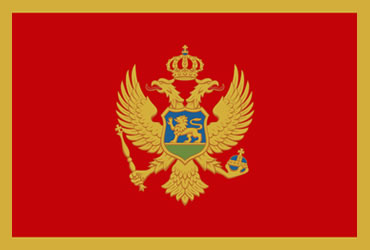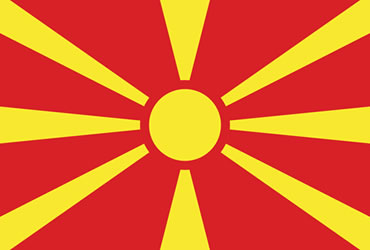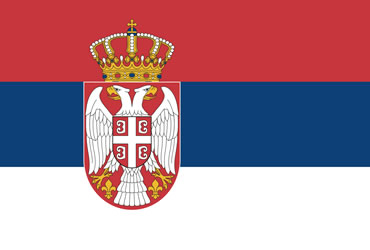
Podgorica hosts regional workshop on Nearly Zero Energy Building standards
Podgorica hosted a regional workshop on Nearly Zero Energy Buildings (NZEB) on June 5th, 2025, bringing together policymakers, architects, engineers, and international partners to discuss the future of energy-efficient construction in the Western Balkans. The event was organised by Montenegro’s Ministry of Energy and Mining, the Chamber of Architects, the EU Delegation, KfW, and the Fraunhofer Institute for Building Physics.
A central outcome of the workshop was the announcement of Montenegro’s first NZEB pilot project—a new student dormitory in Cetinje. Supported under the Regional Energy Efficiency Programme (REEP), financed through the Western Balkans Investment Framework (WBIF). It will serve as a benchmark for sustainable building in the country, combining high energy performance with climate protection.
The introduction of NZEB standards is part of the EU’s Energy Performance of Buildings Directive, which requires new public buildings to have very low energy needs covered largely by renewable sources. As members of the Energy Community and EU accession candidates, Western Balkan countries are preparing national NZEB definitions to meet these requirements.
With over €1 billion in investments and €184.6 million in grants already mobilised, REEP is the EU’s flagship programme for energy efficiency in the region. Through WBIF financing, technical assistance, and policy dialogue, REEP is helping public institutions across the Western Balkans to prepare and implement ambitious projects that cut emissions, improve energy security, and raise living standards.
At the workshop, case studies from Montenegro, North Macedonia, Albania, and Germany showcased how schools, student dormitories, and elderly homes can be designed or renovated to NZEB standards. Fraunhofer IBP also presented pioneering “zero-emission buildings” in Germany, pointing to the next stage in sustainable construction.
Admir Šahmanović, Minister of Energy and Mining of Montenegro:
“With the support of our European partners, we are actively working to establish a national standard for nearly zero energy buildings. Energy efficiency is more than a technical term, it ensures healthier, safer, and more energy-efficient buildings for our citizens. Energy efficiency improves quality of life, boosts competitiveness, and strengthens energy security.”
Yngve Engstrom, Head of Cooperation, EU Delegation to Montenegro:
“This project in Cetinje is a concrete example of how EU support through WBIF and REEP translates into real benefits for citizens. By investing in energy efficiency in public buildings, together with our partners, we are creating healthier learning and living environments while advancing Montenegro’s green transition.”
The workshop confirmed that with strong EU and WBIF support, Montenegro and the wider region are ready to turn NZEB from concept into practice—paving the way for a greener, more sustainable future.
___
About REEP
The Regional Energy Efficiency Programme (REEP), launched in 2013 under the Western Balkans Investment Framework (WBIF), supports energy efficiency and renewable energy projects across public, residential, and private sectors. To date, REEP has mobilised over €1 billion, refurbishing more than 90 public buildings, supporting 1,500 SMEs and 20,000 households, and saving 732 GWh of energy annually.
